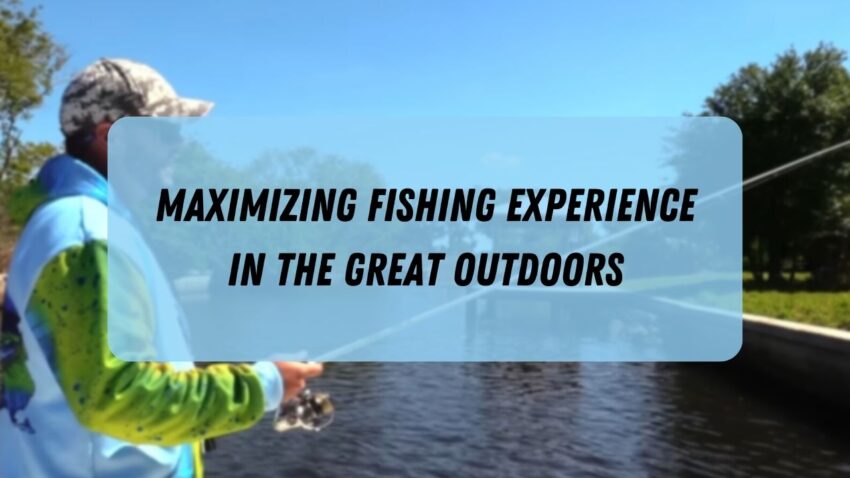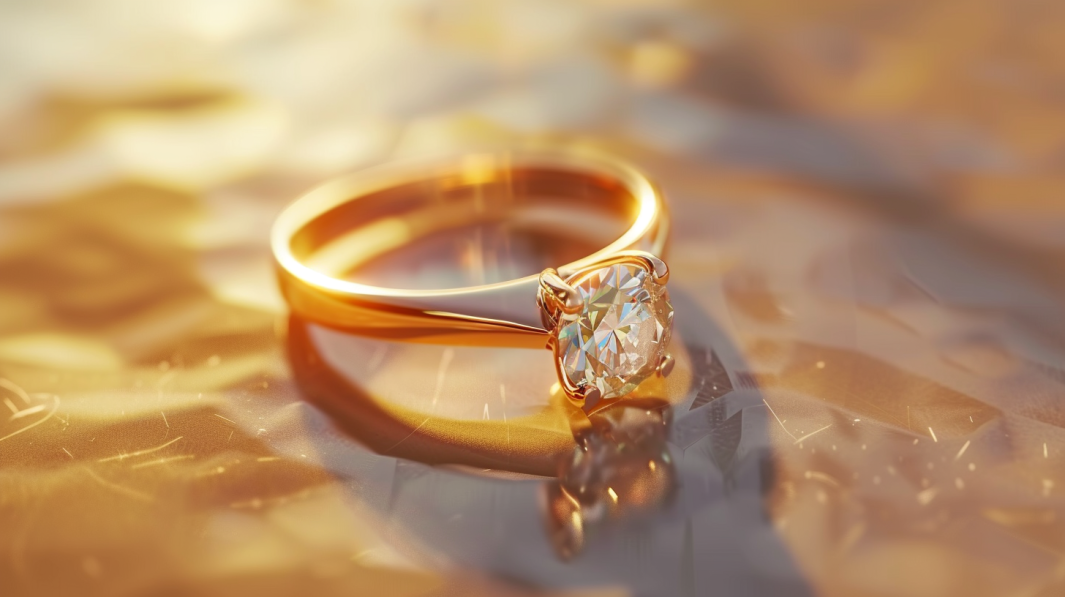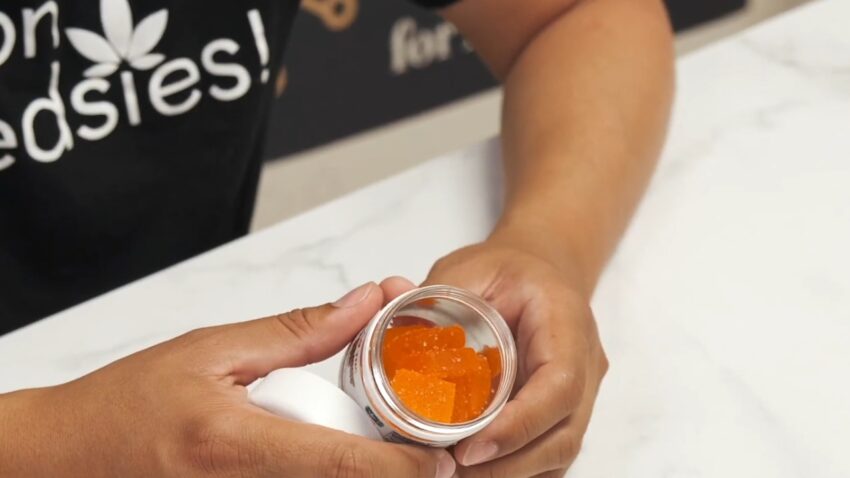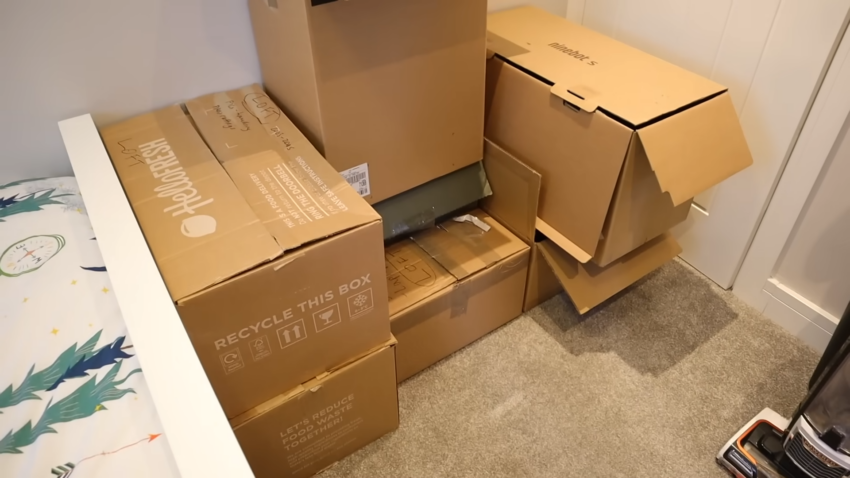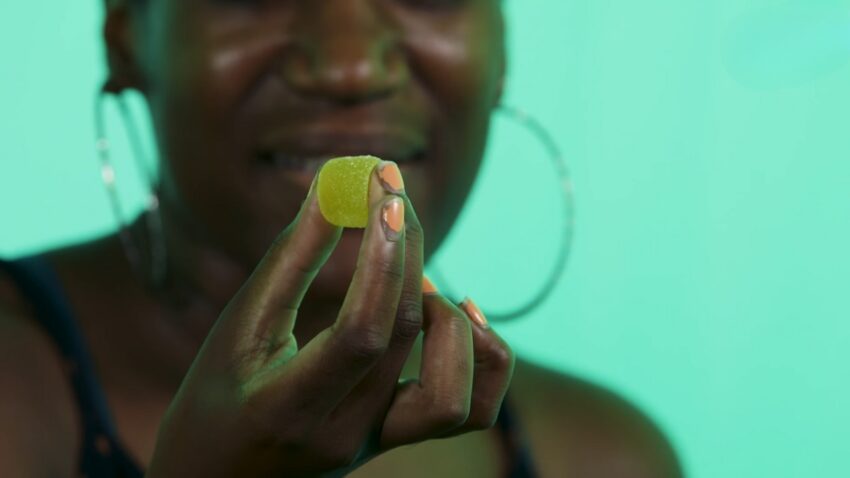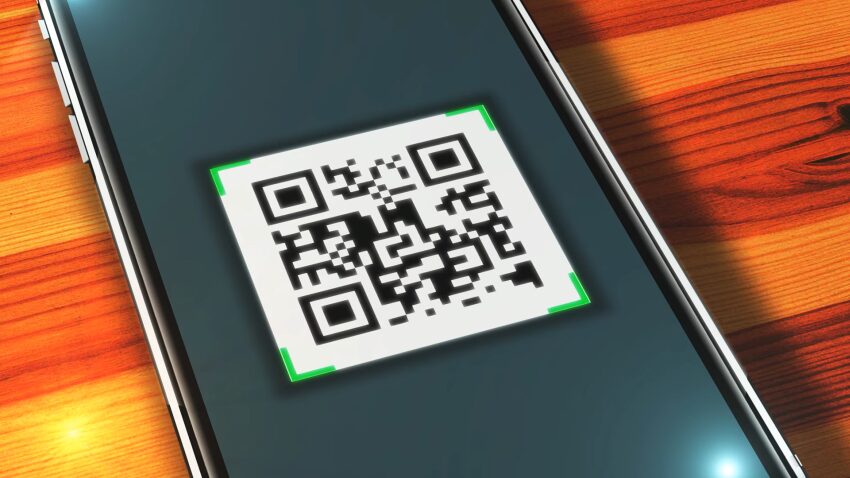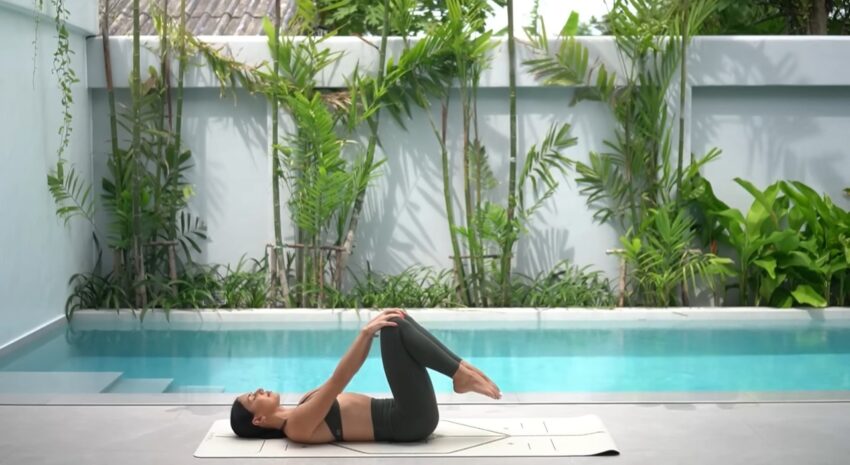You’ve spent much time thinking about fishing if you’re an angler. But to be the best angler possible, it’s also essential to understand what makes a good fish finder and how they work. In this post, we’ll discuss how fish finders work and give you some tips on how to get the most out of your next fishing adventure.
Mastering the Art of Casting
The art of casting is intricate, including physical motion and focused thought. Knowing whether or not your lure is in motion before it hits the water is crucial to your success with this method. The more time you put into perfecting your casting, the more productive you’ll become. More fish will be caught because of the vibrations your line creates as it travels through the water (the fish will mistake this for having caught something edible).
Understanding Fish Behavior
Fish are not dumb. They’re smart, and they can learn. Fish are not just food—they are more than that. They can be friends, family members, pets, and even companions to humans (if you’re lucky enough). Fish don’t just exist as part of our ecosystem—they also play an essential role in helping us maintain it.
Don’t discount fish as an integral element of your ecosystem just because they can be replenished. This takes us to another issue, conservatism versus commercial fishing tactics, as we contemplate treating these creatures with respect and dignity rather than as commodities or livestock.
Tackling Different Water Conditions
Using other lures or baits is the best way to tackle different water conditions. While this is true, it’s not always an option. For example, it may be better to use both at once if you’re fishing on a lake and want to catch some bass but are curious if they like minnows or worms.
Similarly, if there’s rain in the forecast and you’re hoping for sunny skies later in the day (or vice versa), then having both types of bait on hand will help ensure that no matter what happens with weather conditions on any given day—you’ll have something ready when needed!
Choosing the Right Bait
Not all lures will work equally well. Selecting appropriate bait for the fish you intend to catch and the season you plan to fish can make or break your fishing trip.
If there are many different species of fish in the area, each of which requires an additional food item during the spawning process (say, shrimp or crayfish larvae), then selecting a bait based on these factors may be appropriate; on the other hand, if there are no such species-specific differences, then using a more general bait may be the best course of action.
Reeling in Big Catches
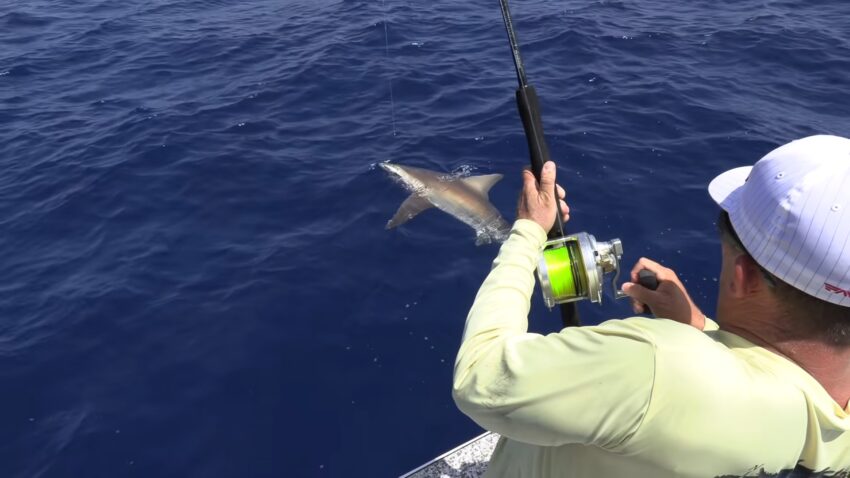
While the experts at Boat Outfitters agree that utilizing a rod and reel is the best way to bring in a big catch, they also note that low-priced alternatives are available. In fact, you can use nothing but your hands or make do with what you have lying about the house if you don’t have any fishing equipment. Try some of these alternatives if you’re looking for a fresh take on fishing without breaking the bank. Boat Outfitters is an excellent resource for advice and information on boating gear to improve fishing trips.
Decoding Weather Patterns
Knowing the weather will help you determine the optimum time to go fishing. For instance, your efforts will be better put to use if you try to locate a site with a strong stream flowing through the water, as opposed to a spot with no current at all.
If it has rained all morning (or even all afternoon), there is probably a lot of debris in the area that could foul up your line or hook, making it difficult to catch anything today or next weekend (unless someone has cleaned out their old tackle box, of course).
The Art of Knot Tying
Knot tying is more than simply a knack; it’s also an art, a science, a method, and a process.
If you want your flies to be as effective as possible when cast into the water, you must learn how to tie the proper knots. Ensuring your fly is completely knotted before you cast it into the open water (or lake or stream) is another excellent way to avoid frustrating knots.
Gear Maintenance and Care
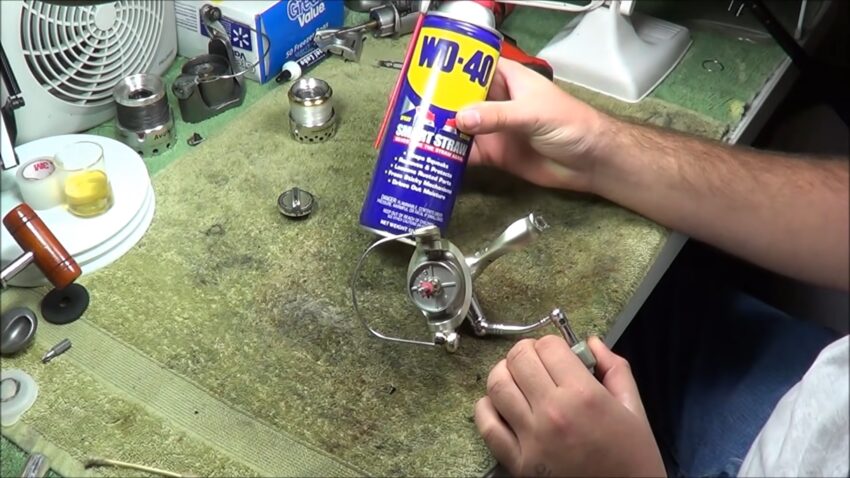
Whether you’re a seasoned angler or just starting, the most important thing to remember is that your gear should be treated with care. Here are some tips on how to maintain your equipment and keep it in good condition:
- Wash with warm water and mild soap before every use. This will help prevent dirt from building up on the inside of your waders and lead weights (which could cause them to rust). If you don’t have access to hot water, put them in an old stocking full of cold water instead—make sure they’re not too saturated!
- Do not use fabric softener; this will damage the fibers on your clothing over time by causing it not only to attract more dirt but also absorb moisture from sweat glands under clothing layers between washes (as opposed to using dryer sheets which stay static throughout multiple washings).
Fly Fishing Mastery
Fly fishing is a captivating angling technique that enhances your fishing experience in the great outdoors. Key aspects include understanding fly fishing equipment, differentiating it from conventional methods, and embracing its culture. Techniques for pursuing trout and other freshwater species involve selecting the right flies, reading the water, and presenting the fly effectively. Fly selection, matching the hatch, and fine-tuning presentation are crucial. Playing and landing fish, specialized approaches like nymphing and streamer fishing, mastering fly casting, understanding entomology, and adapting strategies for different water types are all essential elements to elevate your fly fishing expertise. With practice and persistence, you can enjoy the unique thrill of connecting with fish in a rewarding way.
Conservation and Ethical Fishing
When fishing, the prize isn’t just the meal it can provide. You and the fish population can benefit significantly from catching and releasing. You’ll get to experience firsthand their positive effects on their ecosystem and our lives. Understanding why we should keep fish around and what we can do to help safeguard them from extinction can make future fishing trips more pleasurable and productive.
Final Words
As you’ve seen, the best way to have a successful fishing trip is to follow these expert tips and ensure you know what to do before setting out on an adventure. With our guide at your side, there’s no limit!
Related Posts:
- Vaping 101: Maximizing Your CBD Experience Through…
- Dr. Sue Johnson Has Emotionally Focused Treatment to…
- The Dos and Don'ts of Flowchart Design: Tips for…
- Unveiling the Biggest Fish in Illinois: An Angler's Paradise
- Camping 101: Top Tips for the Best Camping…
- How To Make The Most Of Your Travel Experience

